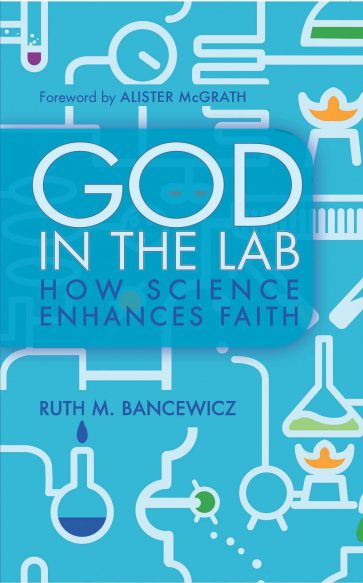When we interviewed Alister McGrath for the Test of FAITH documentary, he said something that got me thinking. Scientists of faith do need to get involved in the debates, but they should also be on the front foot, speaking about how their work can enrich faith.
This also resonated with something Oliver Barclay said in a letter to the Christians in Science team when we were wrestling with how to help students on tough questions about creation. He wrote that the best place to start in these discussions is by focusing on the wonders of creation.
So when it came to proposing my next project, I asked a number of working scientists what they would say if they were asked to speak about their faith and work in a positive sense, rather than reacting to controversial issues. The main topics they spoke about were beauty, awe, wonder, and creativity. When I looked at creativity, I realised that imagination was also very relevant to this type of discussion. So I teamed up with five scientists, interviewing them about their work and faith. I also spent time in the libraries of Cambridge University, researching each of these topics as much as time would allow.
Much of the fruit of this work was posted as articles on the blog Science and Belief, which has now been moved to Faraday Churches on the Faraday Institute website. The book God in the Lab: How Science Enhances Faith (Monarch, 2015), brings all the ideas together and works them out more fully. We also ran a series of events in the UK and USA.
The main aim of this project was to show how faith can flourish in a lab. The book explores the ways in which imagination and creativity are important in science, and looks at a researcher’s experience of and response to beauty, wonder and awe. It also asks, ‘What are the links between science and theology, or spiritual experience’?
The scientists featured are: Dr Harvey McMahon, a neurobiologist from Cambridge; Dr Ruth Hogg, a vision scientist from Belfast; Prof Jeff Hardin, a developmental biologist from Madison, Wisconsin; Dr Rhoda Hawkins, a theoretical physicist from Sheffield; Dr Jennifer Tweedy (formerly Siggers), a bioengineer from London, and Dr Robert (Bob) Sluka, a marine conservationist.
Read some reviews of the book.
Download a synopsis (pdf), or the contents page and a sample chapter (pdf).
Each of the contributors feature in a number of articles, podcasts and videos in Resources for Churches.




